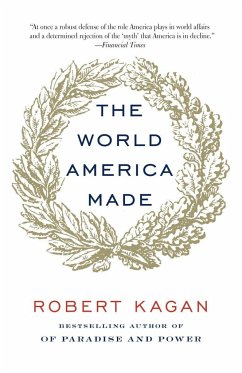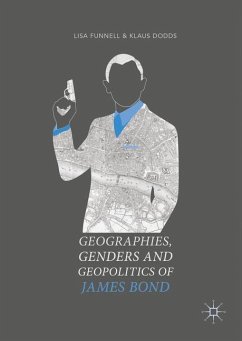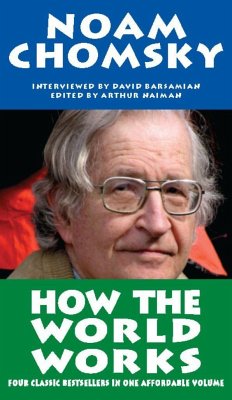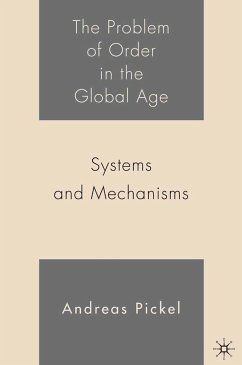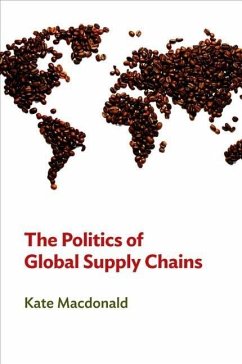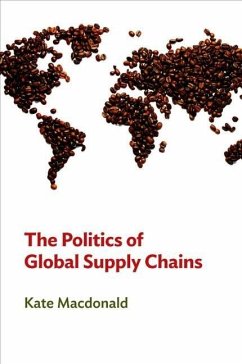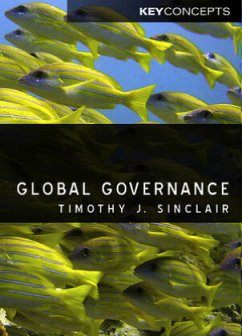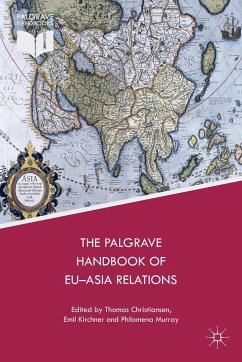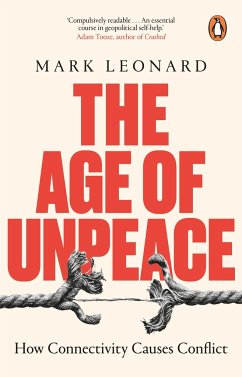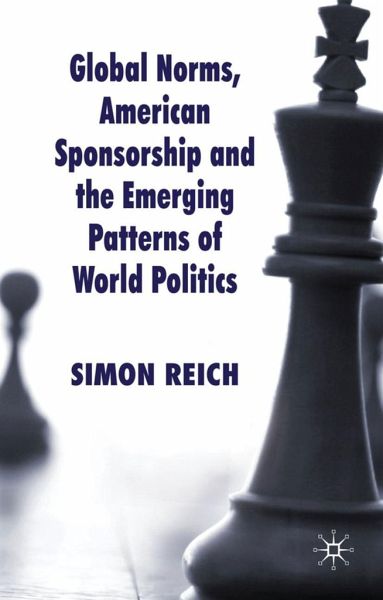
Global Norms, American Sponsorship and the Emerging Patterns of World Politics
Versandkostenfrei!
Versandfertig in 6-10 Tagen
38,99 €
inkl. MwSt.

PAYBACK Punkte
19 °P sammeln!
How do traditional and emergent sources of power link with each other in the new millennium? When do they create broadly legitimated values? And what do these new connections imply for America's role in the world? Reich casts aside the conventional formulations that emphasize the alternative importance of material (hard) or social (soft) power, of different kinds of actors, or of theory and practice. Instead, he offers a novel and comprehensive formulation that illustrates the alternative ways in which soft and hard power are systematically connected, how NGOs and states relate in a globalizin...
How do traditional and emergent sources of power link with each other in the new millennium? When do they create broadly legitimated values? And what do these new connections imply for America's role in the world? Reich casts aside the conventional formulations that emphasize the alternative importance of material (hard) or social (soft) power, of different kinds of actors, or of theory and practice. Instead, he offers a novel and comprehensive formulation that illustrates the alternative ways in which soft and hard power are systematically connected, how NGOs and states relate in a globalizing world, how emergent transnational challenges have rendered old policy options obsolete, and the considers the implications for American choices and limits in the 21st Century. Invoking a rare breadth of empirical material, covering issues from anti-corruption to humanitarian intervention, cyber-security to human trafficking, Reich provides a grand vision of the reshaping of power, how actors interact, and the conditions under which truly global norms are created.





